

Vice president and general counsel Middle East | Siemens Energy

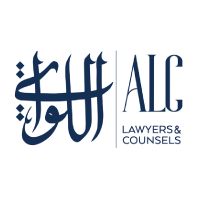
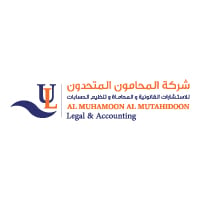

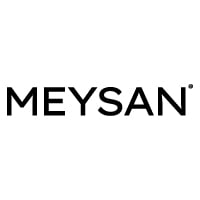
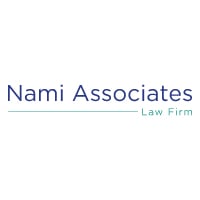

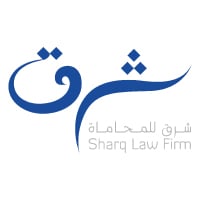


Dr. Florian Koemm
Vice president and general counsel Middle East | Siemens Energy
How do you approach managing legal aspects during periods of instability or crises, and how does your legal strategy align with the broader business strategy to ensure the organisation’s resilience?
Managing legal aspects during periods of instability or crises is not that much different from managing any other aspect: it is crucial to display confidence, whilst still acknowledging and risks, uncertainties, and challenges – and leading the way on how to overcome these. I such times, it is more crucial than ever for legal advice to be provided in a concise, straightforward way and for counsel to assume a high degree of accountability to ensure that the advice provided does not add to the already existing uncertainties. In terms of risk management, it is important to emphasise that facing a higher number of risks does not necessarily have to lead to a generally risk adverse position – if one is reasonably confident that a risk can be managed and provides for sufficient opportunity, one may still take on risks. The alignment of our legal strategy with the broader business strategy is a relatively simple task – apart from the governance element, that cannot be compromised – the legal strategy will always follow and support the broader business strategy. As far as governance is concerned and to ensure that potential changes in the legal environment can be considered by our business partners when shaping the broader business strategy, we ensure a timely and comprehensive feedback loop (legal to business).
What are the main cases or transactions that you have been involved in recently?
On the corporate side, the insourcing of Siemens Energy’s Wind business (formerly Siemens Gamesa) is certainly the biggest legal (and cultural) transaction we have been involved in, combined with finally taking over the entire Energy business from Siemens in Pakistan. On the transactional side we have seen a massive increase in sales activities and correspondingly order intake, which in the Middle East mainly surfaced in massive wins in the Kingdom of Saudi-Arabia, Libya and Iraq – all rather complex jurisdictions, particularly if one considers the massive judicial shift that is going on in the Kingdom of Saudi-Arabia at present (confidential references can be given if needed).
How have you integrated technology into your legal processes, and what impact has this had on efficiency and compliance?
I am currently leading a major project within Siemens Energy’s legal department that targets reviewing, optimising, and potentially automating our workflows and individual tasks pertaining thereto through technology. For this purpose, we are looking at and will utilise all sorts of available solutions, from simple apps built through applications available as part of the Microsoft suite to comprehensive AI-solutions. These solutions will be made available to the legal professional and to the business user – enhancing both the efficiency and effectiveness of the legal advice. In terms of efficiency, this allows us to support massively increased sales efforts with pretty much the same workforce as before. In terms of effectiveness, we anticipate a significant improvement of the terms our procurement colleagues conclude with suppliers and, more importantly, an increased awareness and professionalism within our project teams when it comes to claims management.
VP, General counsel Africa & Middle East | Siemens Energy
Vice president and general counsel Middle East | Siemens Energy
Vice president and general counsel Middle East | Siemens Energy